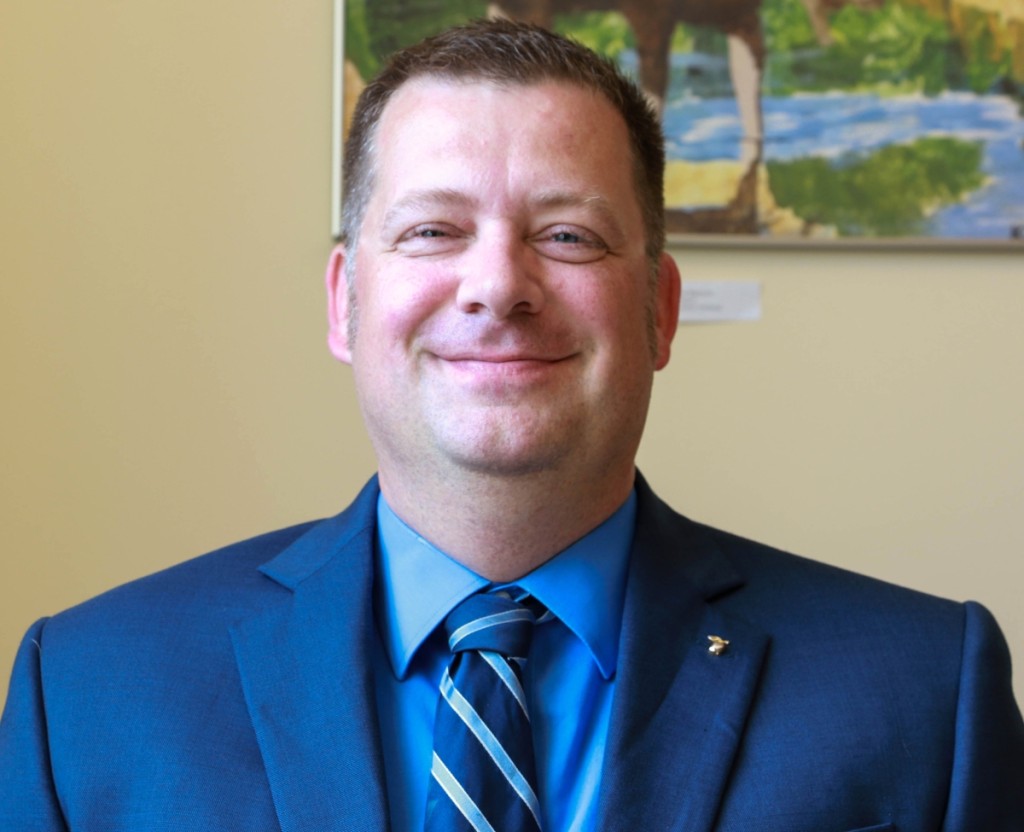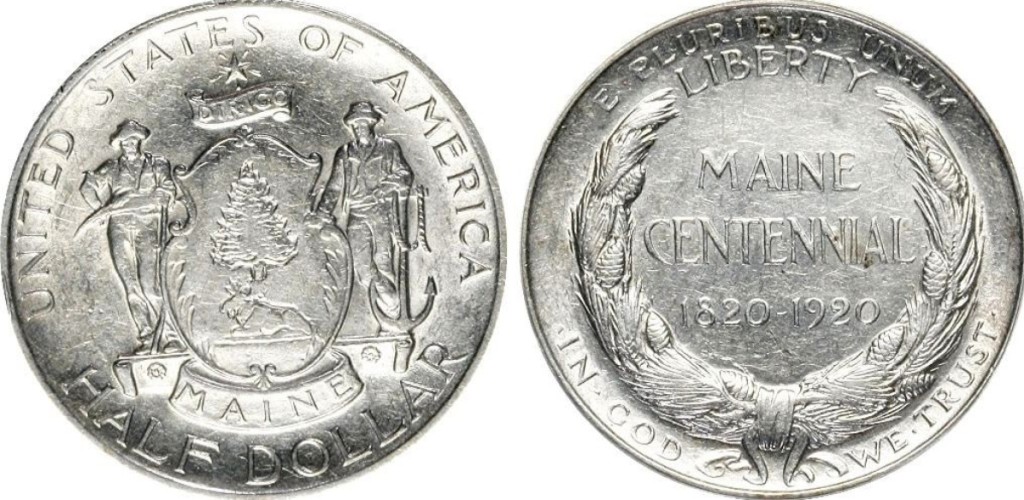
The state of Maine was admitted to the Union on March 15, 1820 after formally separating from Massachusetts. Antiques and The Arts Weekly took the opportunity of its nearing bicentennial to reflect on historic preservation in the Pine Tree State. In an interview with former State Historian Earle Shettleworth in the February 8, 2019 issue, we explored early preservation efforts in the state. In this, the second of two interviews, Antiques and the Arts Weekly spoke with Jason C. Libby, who serves as chair of the Maine Historic Preservation Commission and is a member of the Maine Bicentennial Commission, to get some perspective on how Maine celebrated its centennial, what has changed in the state since then, and how the state is preparing to ring in its 200th birthday.
How did Maine celebrate its centennial?
In 1917, the state enacted legislation to appoint a board of commissioners to celebrate the state and landing of the Pilgrims. Although Augusta is the capital and the site of a Pilgrim trading post, they predominantly focused on a series of events in Portland, which was the state’s first capital. They held events from June 26 to July 5 that included a music festival, a parade, fireworks and celebrations of Maine women, industry and civic leaders. The commission worked to involve groups – like the Boy Scouts – to ensure many people came to the festivities to commemorate and celebrate. A centennial half dollar was minted as well as other things. On top of that, there were dozens of local community events that celebrated statehood.
How has Maine changed most since its centennial?
Since 1920, Maine has participated in a number of strikingly important events. There was a large increase in the manufacturing sector including ship-building, the textiles and pulp and paper industries and of course our tourism industry which remains to be one of our highest employment sectors. There has always been a very good serving leader mentality on the local, state and national levels. Interestingly, at the time of the centennial, the Maine Library suggested communities deliver a program asking, “how can we keep our young people in Maine.”
Is the issue of how to keep young people in Maine one the state is still addressing?
We have the oldest population in the nation and public and private entities have been wrestling with this dilemma for years. While we have a great quality of life, we still need to attract economic opportunities to attract and retain young people.
As a Mainer, how would you describe it to those unfamiliar, or less familiar with it?
There are many things Maine is known for, but today it continues to try to reinvent itself. We have a very good quality of place, beautiful landscapes and seascapes, hence why we are also known as the “Vacationland State.” We want to be welcoming to new residents, we’ve had the opportunity to learn over time to provide increasing opportunities for new citizens, which is something that has been challenging at times in the last several decades. Education is an area where we continue to excel but we need to increase opportunities for post-secondary education.
 Can you give us a sneak peek at what is being planned for the 2020 Bicentennial?
Can you give us a sneak peek at what is being planned for the 2020 Bicentennial?
The University of Maine in Orono is hosting a conference in 2019 to explore why the state separated from Massachusetts with a number of prominent speakers, historians, educators and tribal representatives participating in the several-day-long event. The convention for separation from Massachusetts – which initiated statehood – took place in July 1819, so we will officially kick off on July 26, 2019. The bicentennial commission is sponsoring key signature events but work with communities to commemorate the events that led to statehood. Statehood day will be celebrated on March 15, 2020 and there will be a closing ceremony in October that will include a time capsule. Another key event is the partnership with Tall Ships America which will rendezvous a number of large sailing ships on the coast of Maine during the summer of 2020.
Are there themes or lessons from the centennial that are priorities for the bicentennial?
Of course, the Commission desires to expand the understanding of the past of Maine and recognize the diversity of people and ideas which have made Maine what it is today, but it ultimately hopes that citizens will come together to envision a successful and prosperous future for themselves and the state as a whole.
Who is on the commission?
The commission membership is designated by statute and represents a number of groups including individuals from K-12 and higher education, the business sector, as well as representatives from the Maine State Library, the Maine Humanities Council, the Maine Historical Society, the Maine Historic Preservation Commission, as well state legislators, the secretary of state and the governor.
Where can people find out more about what is being planned for Maine’s bicentennial celebration(s)?
The bicentennial commission operates in a very public, transparent process. We began operating in October 2017 and are required to hold our meetings in public. The minutes of the meetings are online so people can see what is being planned. The commission has worked very hard to capitalize on opportunities to bring in sponsorships and have set itself up as a 501(c)(3) organization so it could work with private donors to enhance the public money that has been appropriated.
Visit https://www.maine200.org to find out more about what is being planned.
-Madelia Hickman Ring




